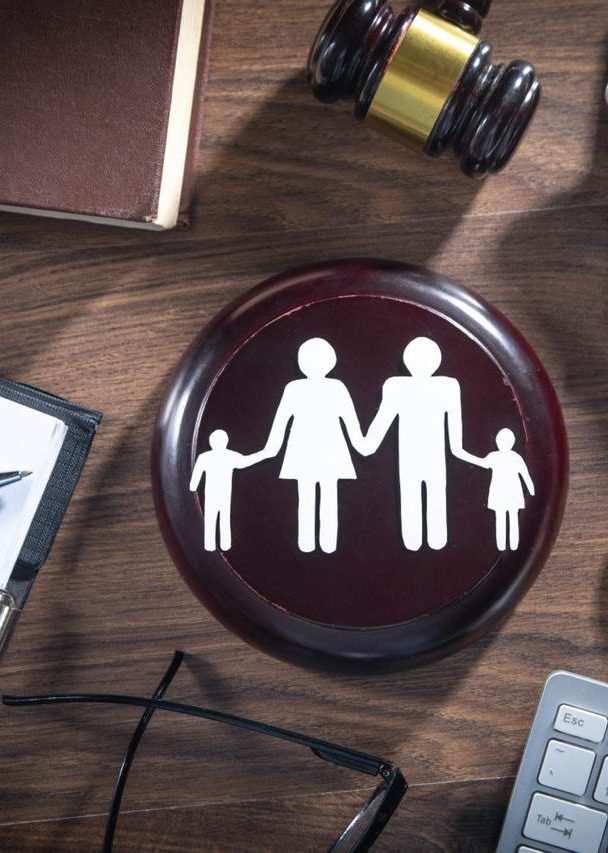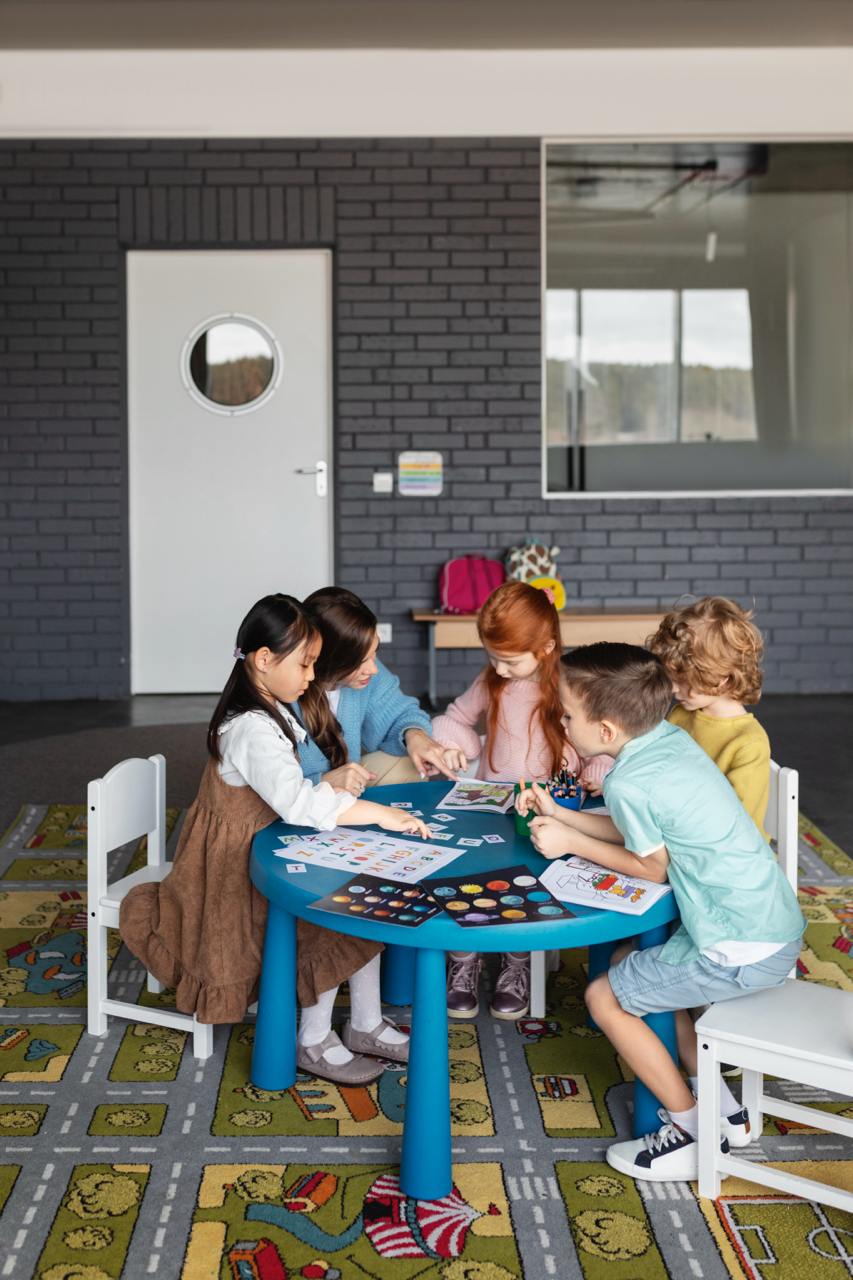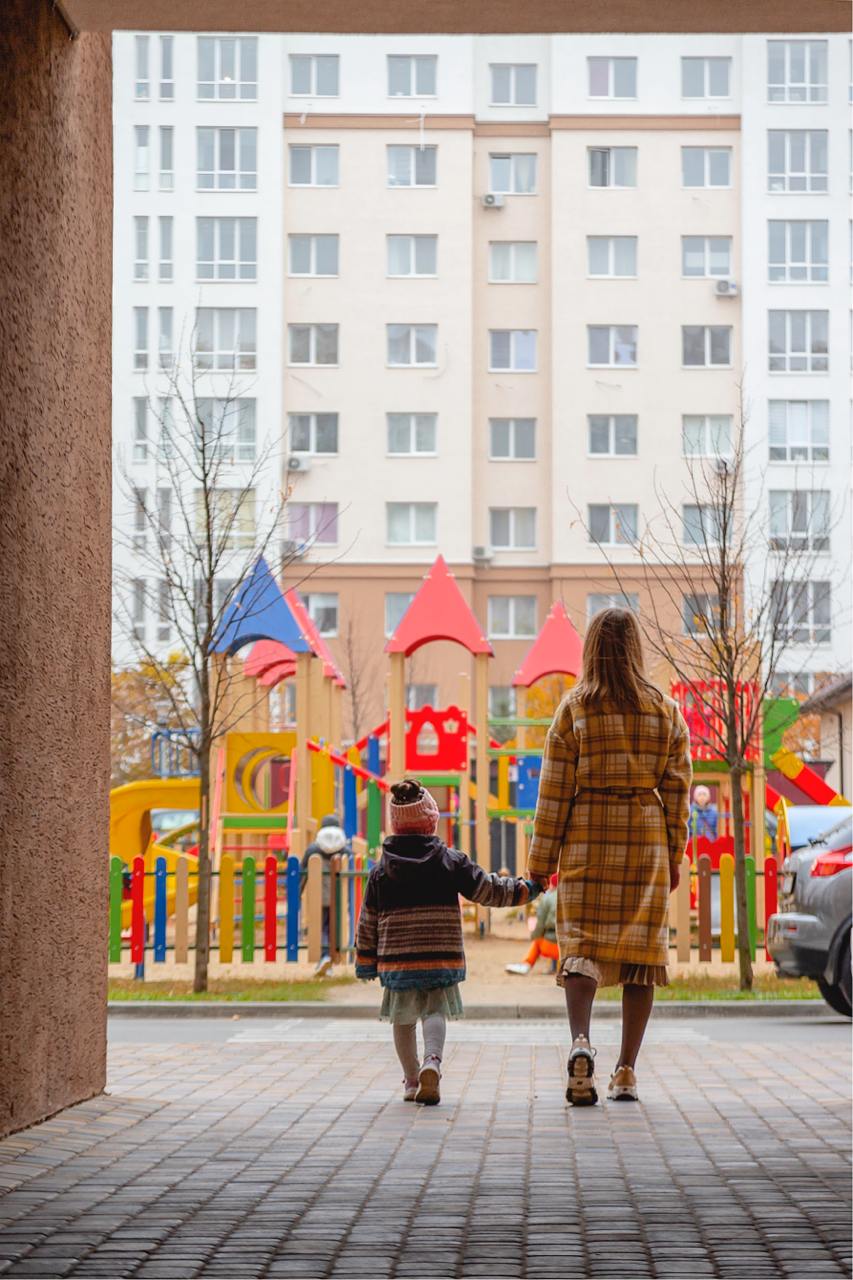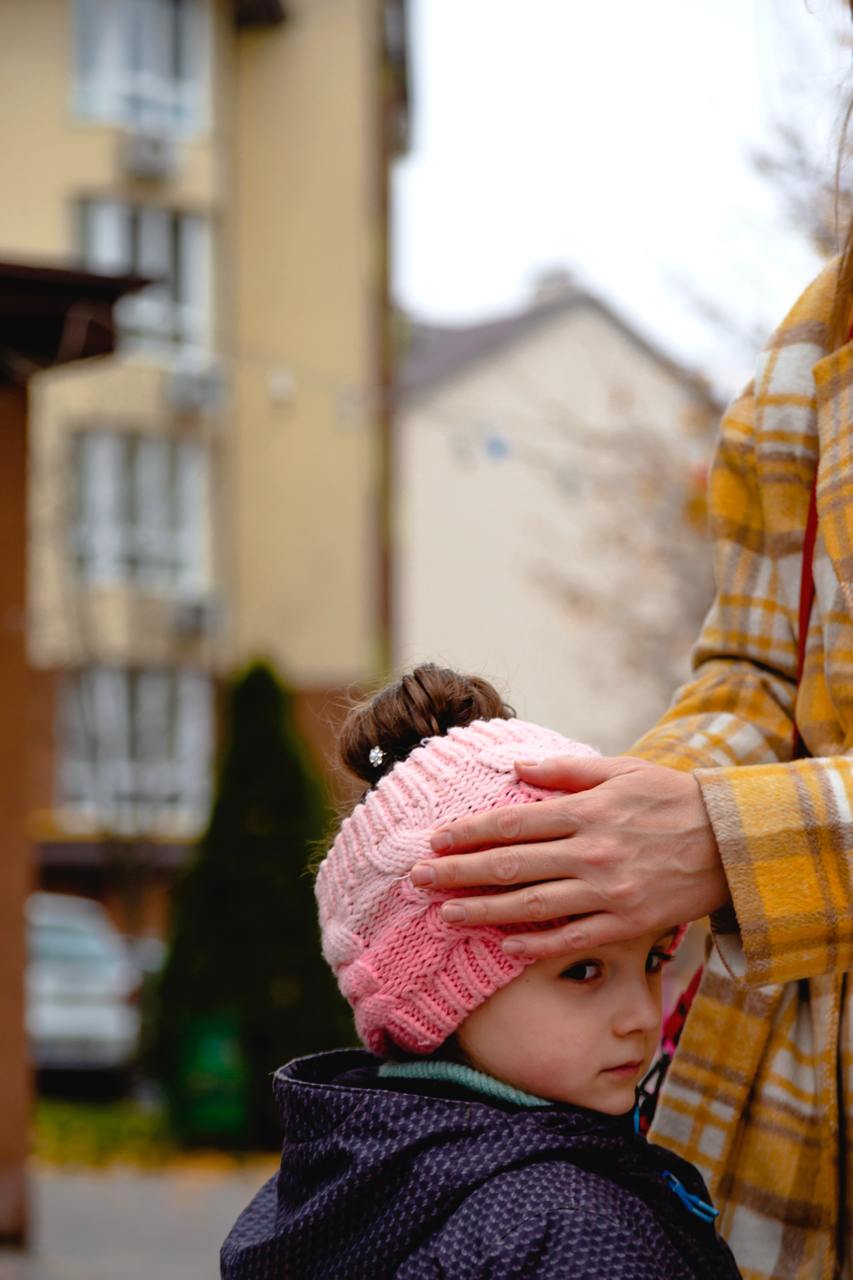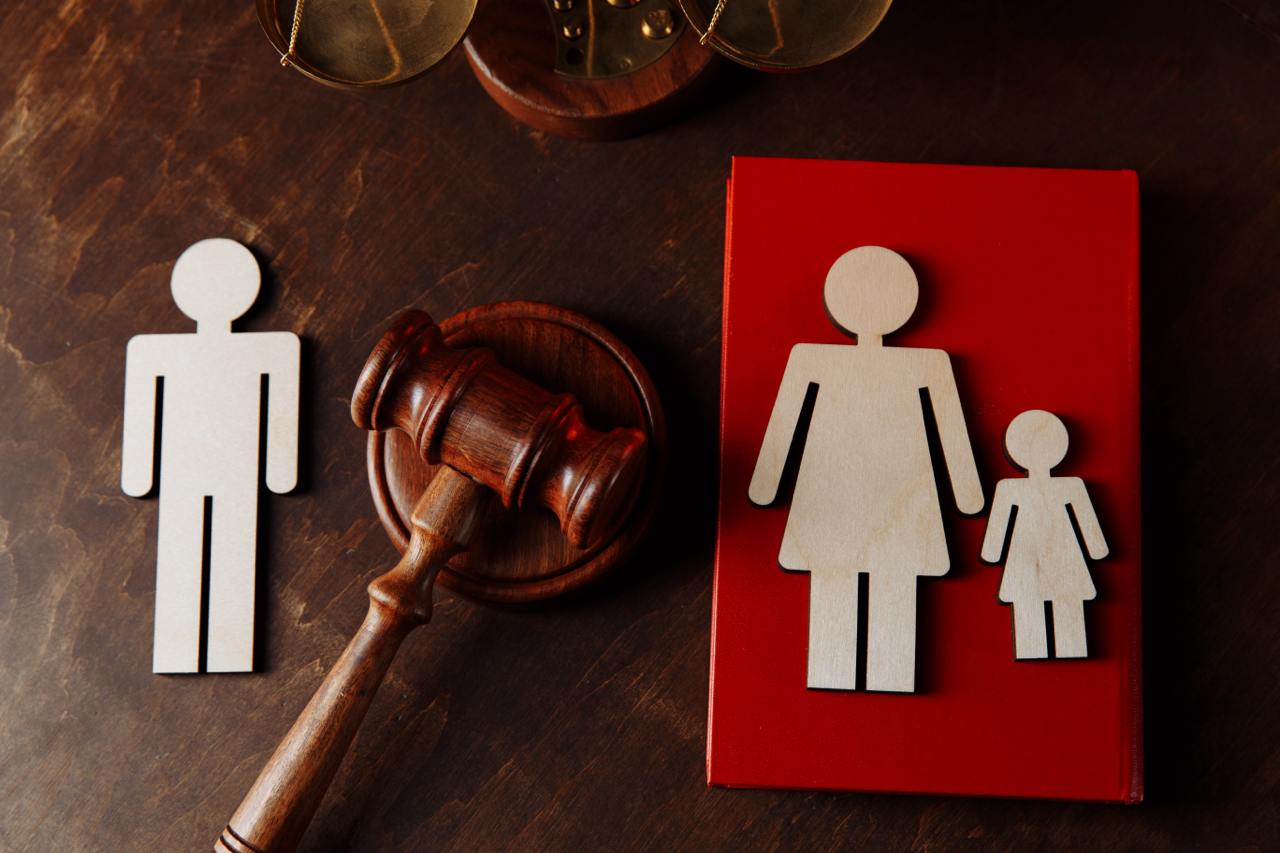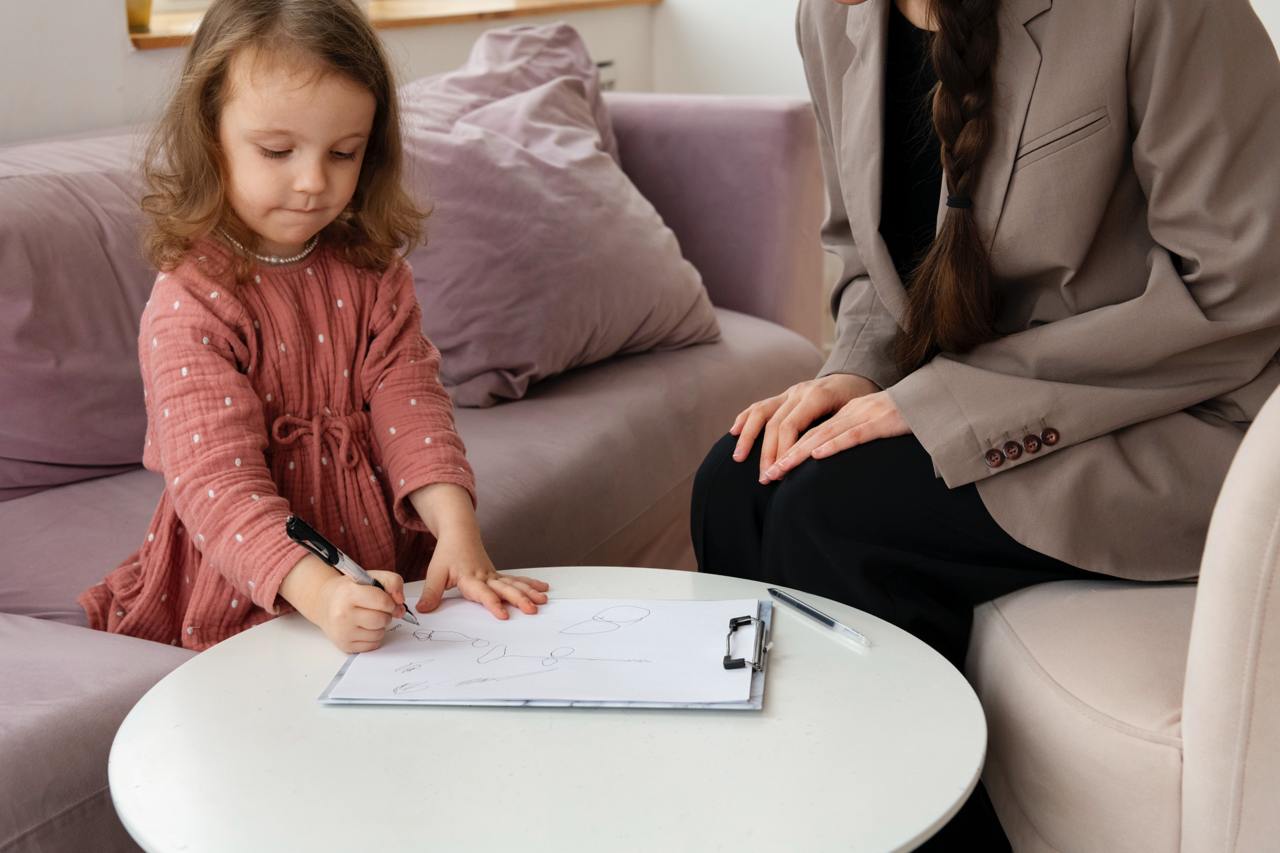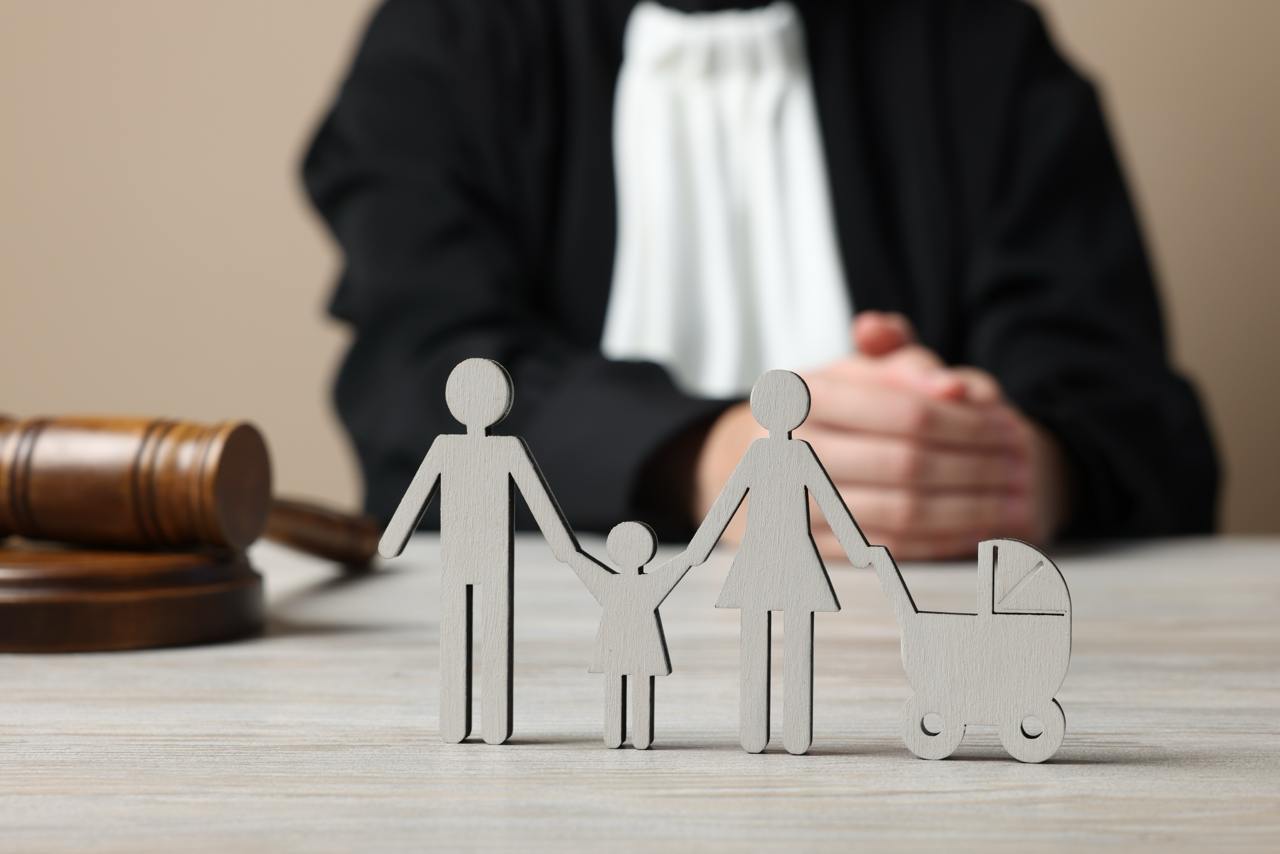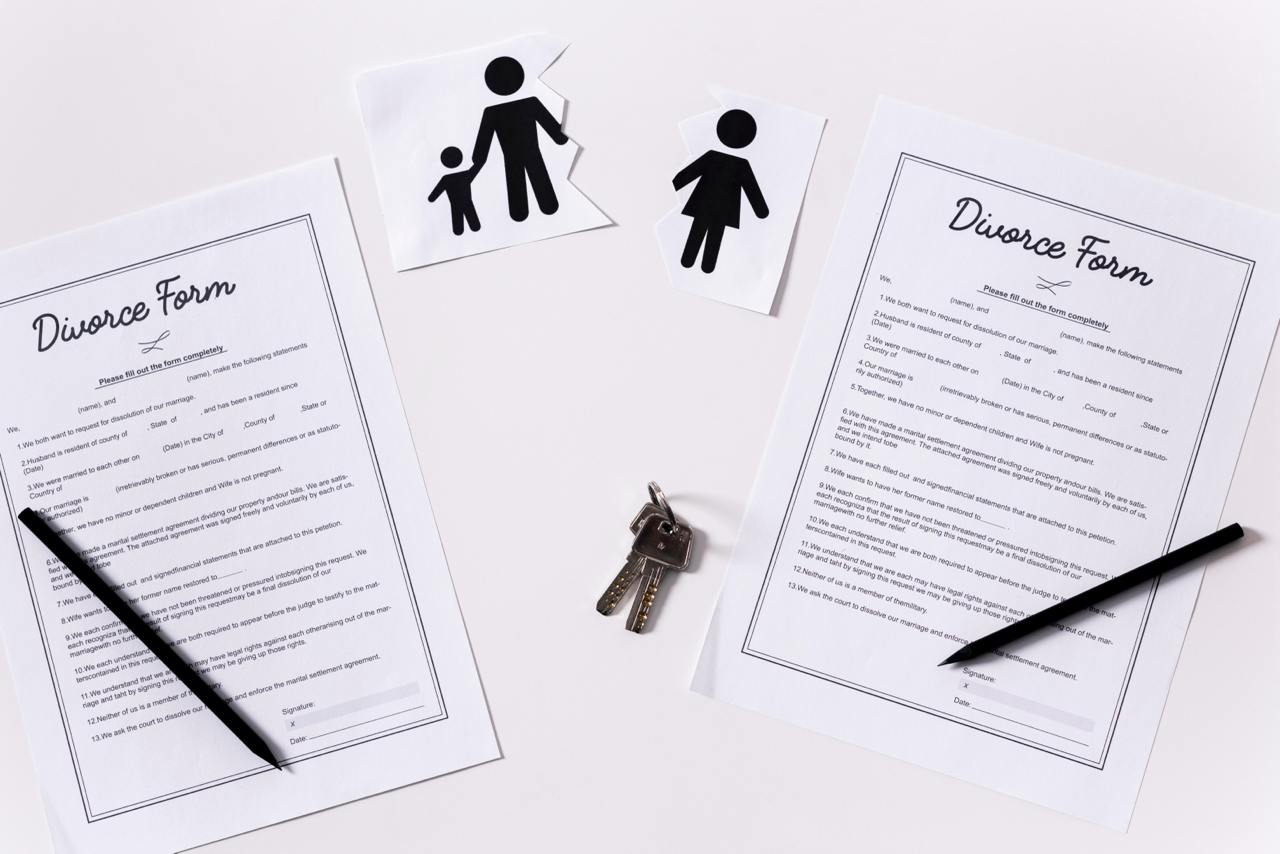You can adopt a child with any health condition. The adoptive parent is provided with all the information about the child’s health and the information that is available about close relatives and their health.
Before starting the adoption process, candidates for adoptive parents need to establish communication with the child they want to adopt.
Not everyone can be an adoptive parent (adopter). They cannot be adoptive parents, for example, those who do not have a permanent place of residence, income that provides a child with a living wage established in Belarus, have some diseases.
The child’s relatives have a preferential right to adoption.
The age difference between the child and the adoptive parent (adopter) must be at least 16 years and no more than 45 years. The court can change this difference when a stepmother or stepfather adopts a child.
You can adopt a child from the age of 10 only with his consent.
Adoptive parents — foreign citizens with a residence permit in Belarus
For adoption, a foreign citizen who has a residence permit must obtain a written permission for adoption from the Ministry of Education of the Republic of Belarus.
A republican adoption data bank has been created in Belarus.
Foreign citizens who are not relatives of a child can adopt a child only a year after the data of this child was included in the republican data bank.
When foreign citizens with a residence permit want to adopt a foreign child who lives in Belarus, it is necessary to obtain a written permission from the state authority of the state whose citizenship the child has.

